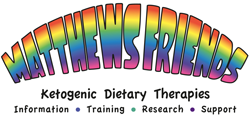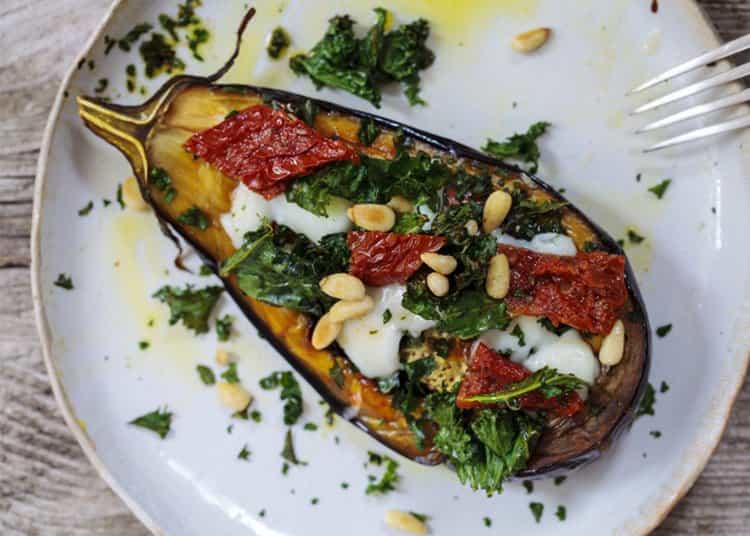What Is A Ketogenic Diet?
A medical ketogenic diet is a very low carbohydrate, high fat diet which changes the metabolism in the body from burning glucose for energy to burning fat for energy. It is currently a recognised treatment for intractable (drug resistant) epilepsy, Glut 1 Deficiency and Pyruvate Dehydrogenase Deficiency. Increasingly the diet is being looked at in other neuro-metabolic conditions as well as Brain Cancer.
Supporting Our Families
Matthew’s Friends rely on charitable donations and fundraising to provide the range of Ketogenic resources to the families we support. From our #ketokitchen recipes, tutorials and Handy Guides to free Ketogenic Starter Packs and our 365 day telephone support, Ketogenic training, conferences and events. Thank you for supporting our charity.






























